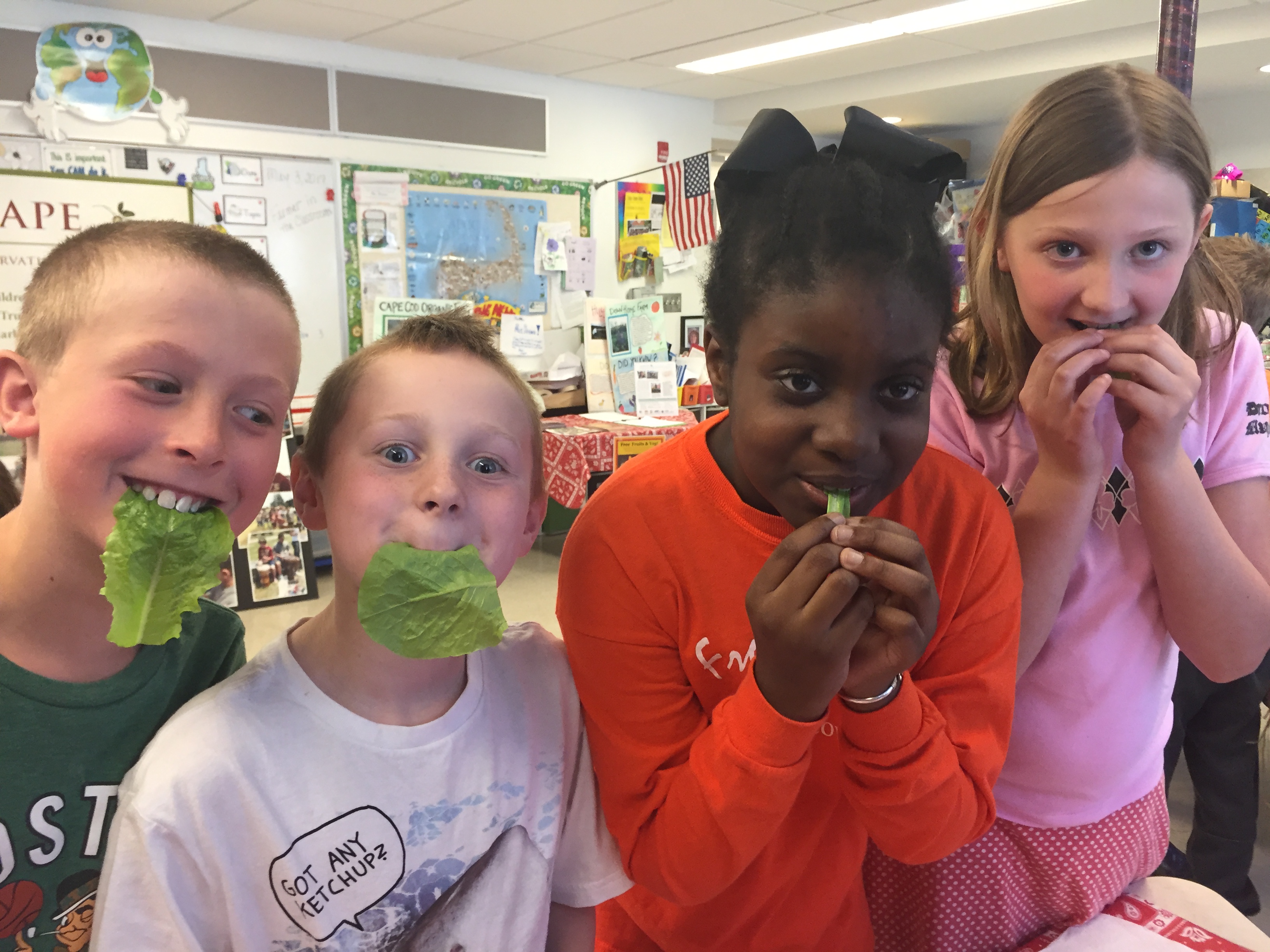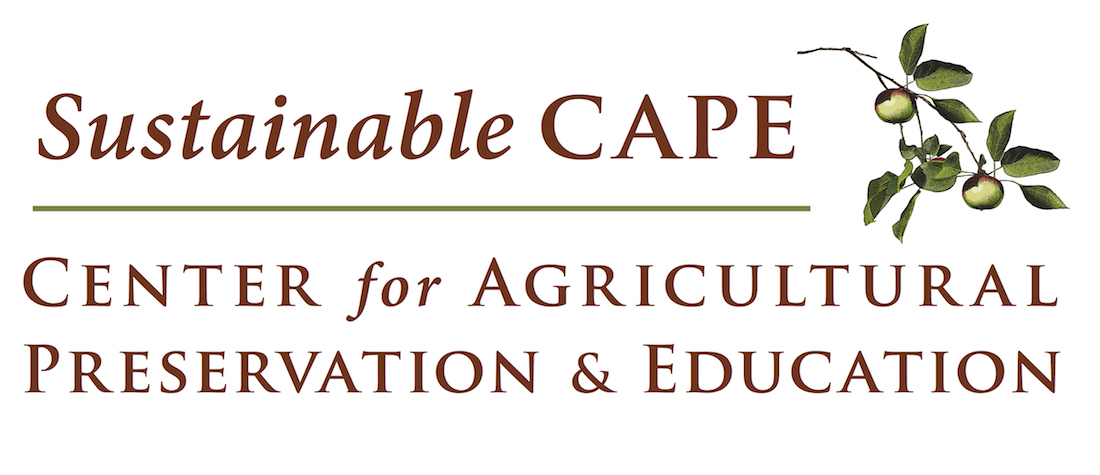


Farmer-in-the-School Program
Sustainable’s CAPE’s Farmer-in-the-School Program incorporates gardening and healthy eating directly into the school curriculum and children’s lives. Piloted in Truro Elementary School, the Farmer-in-the-School program now operates in three elementary schools from Wellfleet to Provincetown.
- Farmer-in-the-School – Our farmer visits classrooms year-round to provide fun, hands-on instruction in gardening
- School garden – Children engage directly in producing food
- School cafeteria – Food grown in the school garden is incorporated in nutritious lunchtime meals or snacks
- Academic curriculum – Lessons incorporate gardening into each teacher’s curriculum
- State Health & Wellness Curriculum & School Nurse – We link the garden to education on the importance of healthful foods to our body, community and environment
In addition, the Farm-to-School program links children to farmer’s markets through spring and fall field trips, and Fresh Kid Awards – gift certificates donated to each student and redeemable at the Truro, Provincetown & Wellfleet Farmers Markets. These certificates not only enable each child to purchase healthy food for their family at a local farmers’ market at no cost, but double as education about the benefits and incentives available to low-income families at farmer’s markets.
